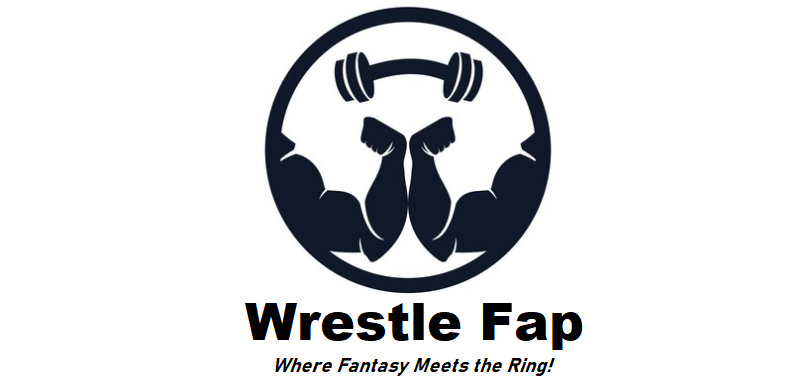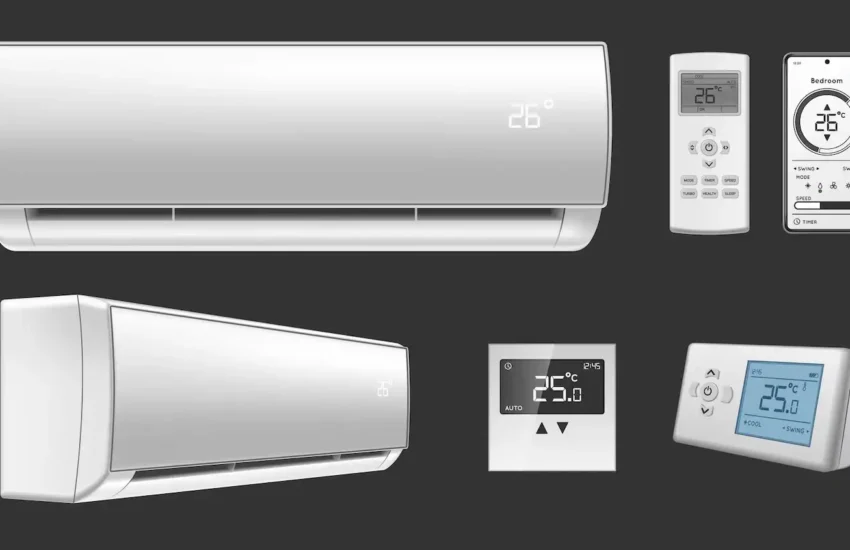Sudden Dental Issues What’s Urgent and What Can Wait
Everyday life doesn’t prepare us for sudden dental problems. One moment you’re enjoying lunch, the next, you’re clutching your jaw or staring at a chipped tooth. Should you rush to the dentist, or can it wait? Knowing which dental issues are urgent helps you make better decisions and protect your oral health.
Why Dental Emergencies Matter
Your mouth is a complex, finely-tuned system. Even minor issues can quickly escalate if not addressed promptly. Left untreated, a simple toothache or cracked crown can turn into a far more serious (and expensive) problem. Knowing how to tell the difference between a dental emergency and a minor irritation can save you pain, stress, and money.
Common Sudden Dental Issues
Here are some of the most frequent dental issues that catch people off-guard:
- Toothaches
- Chipped or broken teeth
- Knocked-out teeth
- Loose or lost fillings/crowns
- Soft tissue injuries (gums, tongue, cheeks)
- Objects stuck between teeth
- Abscesses or swelling
But which of these require immediate attention?
Dental Issues That Need Immediate Care
Severe Toothache
A mild toothache can usually wait until regular office hours. However, if the pain is severe, persistent, or throbbing, it may be a sign of infection or nerve involvement. Symptoms like sensitivity to hot and cold, swelling, or fever signal the need for urgent assessment. Untreated infections can even pose risks to your overall health.
Act fast if you experience:
- Intense or worsening pain
- Swelling in your face or gums
- Difficulty swallowing or breathing
- Fever
Knocked-Out Tooth
Timing is everything. If an adult tooth is knocked out, rapid action is critical. The best chance of saving the tooth comes if you see a dentist within 30–60 minutes. Pick up the tooth by the crown (not the root), gently rinse off dirt with milk or saline (not water), and try to reinsert it into the socket. If that’s not possible, keep it moist in milk or saliva and head to the dentist asap.
Dental Abscess or Swelling
An abscess is a pocket of pus caused by a bacterial infection. Symptoms often include severe pain, swelling, a foul taste in your mouth, and sometimes fever. Swelling that affects swallowing or breathing is a true emergency and requires immediate care, possibly at an emergency room. Even if breathing is not affected, abscesses can become life-threatening if left untreated.
Uncontrolled Bleeding
Bleeding after a tooth extraction or from soft tissue injuries should stop within a short period. If the bleeding is heavy or can’t be controlled after 10–15 minutes of pressure, get help immediately.
Broken or Dislocated Jaw
Facial trauma that causes a suspected broken or dislocated jaw is an emergency. Swelling, difficulty speaking, or moving your jaw should be addressed at the ER.
Issues That Can Usually Wait
Not every dental issue means a dash to the dentist or ER. Here’s what can typically wait 24–48 hours (but still needs prompt attention):
Chipped or Broken Tooth (No Pain)
If a tooth is chipped or broken but you’re not experiencing significant pain, you can likely wait a day or two to see your dentist. Rinse your mouth, avoid chewing on the affected side, and save any pieces that broke off.
Lost Filling or Crown
A filling or crown that falls out rarely causes instant pain, but don’t ignore it. Try to keep the area clean and avoid sticky foods. Temporary dental cement (available at most pharmacies) can help until you get to the dentist.
Minor Soft Tissue Injuries
Small cuts to your gums, tongue, or cheeks can often be managed at home. Rinse with warm saltwater and apply gentle pressure with gauze if needed. However, seek help if the bleeding lasts more than 15 minutes.
Food or Objects Stuck Between Teeth
If you can’t dislodge food or another object by gentle flossing, you should book a dental appointment within a day or two. Avoid forcing the object out, as this could cause more damage.
What You Can Do in the Meantime
For dental problems that aren’t emergencies but need attention soon, there are steps you can take:
- Rinse your mouth with warm saltwater
- Take over-the-counter pain relievers if needed
- Avoid very hot, cold, or sugary foods
- Protect exposed teeth or gums with dental wax or temporary cement
- Keep the head elevated to reduce swelling
Always follow up with your dentist as soon as you can—even minor injuries can escalate.
Better Safe Than Sorry
If you’re uncertain about the severity of your dental issue, it’s best to call your dentist’s office. Many clinics, including affordable dentists like those in Layton, offer after-hours support to help you decide whether you need urgent care. Prompt communication can prevent simple problems from developing into major complications.
Conclusion
Sudden dental issues can be alarming, but knowing what’s urgent and what can wait helps you stay calm and take the right steps. Dental pain or trauma is never something to ignore, even if it feels mild at the moment.




One thought on “Sudden Dental Issues What’s Urgent and What Can Wait”
Comments are closed.